

SCREENTEST
The picture to the right doesn’t look particularly ominous or frightening. The kid looks like he’s enjoying himself.
But looks can be deceiving. A major study just published in JAMA is making waves and ringing alarm bells.
The study, conducted jointly by Cornell, Columbia University, and UC Berkely, followed nearly 4,300 kids starting at ages 9 -10, and tracked their digital habits for more than four years.
The “screen generation” is still fairly new, so new discoveries are regularly being made about what it all means. A number of previous studies raised concerns about how much time kids spend on screens.
This latest study, however, concluded that while screen time alone is a matter of concern, how kids use their screens matters most.
Specifically, researchers found that, independent of just screen time, patterns of addiction were at alarming levels. By age 14, significant numbers of participants reported being unable to stop, using screens to escape real life problems, and experiencing distress when not online. Fully one third of the participants demonstrated highly addictive use of social media, and more than 40% for video games.
Why it matters, and what families should do
Study authors discovered that kids who become increasingly addicted to social media, mobile phones or video games are at greater risk of suicidal thoughts, suicide attempts, and emotional or behavioral issues like depression, anxiety, aggression, inattention, and rule-breaking.
Rather than simply limiting screen time as past research has recommended, the latest research suggests it’s more important to focus on addressing compulsive patterns of use in the same way other forms of addiction are addressed.
Here are the study’s key recommendations for families:
• Watch for signs of addictive use, like kids feeling distressed when not online, using screens to escape problems, or being unable to stop. Those patterns — far more than hours logged alone — were linked to greater risks of mental health issues and suicidal thoughts and actions.
• Avoid blanket bans or rigid time limits, which haven’t proven effective in reducing risks. Researchers found that promoting open conversa-

Screenagers are more at risk from specific compulsive behaviors than simply the hours they spend on-screen
tions about how and why kids use their devices is more productive.
• Treat problematic screen use like other behavioral addictions. The researchers suggest that interventions used for substance or gambling addiction — like behavioral therapy — are more effective than simply cutting screen time cold turkey.
• Tailor strategies to the type of screen activity. Social media, mobile phones, and video games each showed different patterns of risk, so a onesize-fits-all approach may miss the mark.
Older ones may not fully understand the significant role screens play for this generation, and that goes for behavioral scientists too. The picture is still coming into focus for everyone. One thing is clear: there are screen-related dangers that should not be ignored.







PARENTHOOD
by Dr. Warren Umansky, PhD
We are taking a brief break from the traditional format of this column to present my Ten Commandments of Parenting
1. Tell your children when they do the right thing. “What good manners you’re using at the table!” “I love it when you sit and read!” “You’re playing so nicely with your sister!” “You showed a lot of responsibility getting the term paper done before it was due!”
2. Help your children learn to do what you ask without fussing. “Helen, if you want to ____ (go outdoors, use the car to visit your friend, watch your favorite show, etc.), you have to ____ (clear the dishes off the table, help me fold laundry, get your homework done, clean up your room) first.” Get them involved in doing reasonable chores at home starting at a young age.
3. Expect your children to respect you and everyone and everything. There are two components to this: First, be a good role model. Second, don’t accept your children’s disrespectful language or actions. Put up your hand as soon as it occurs as if to say, “Stop and think. What you are doing is not acceptable.”
4. Plan for the family to eat together at least three times each week. This is a time when everyone looks in each other’s eyes and talks about how everyone’s day went and what’s coming up tomorrow or for the weekend.
5. Help your children have a vision for the future. Children who have a vision for their future are less likely to get in trouble. And, while being a professional athlete is a nice goal and worth working for, children may also need a more realistic backup plan. Talk about it beginning early.
6. Set up house rules for electronics use. Electronics are a privilege earned by meeting school and home expectations. There also should be a 1:3 rule: for every hour of electronics time, your child should spend three hours doing IRL (“in real life”) activities. These may include sports, hobbies, chores, spending time with family and friends, reading, etc.
7. Sleep is important. Be sure your child is getting enough. A good indicator of sufficient sleep is ease in waking up in the morning. If it is difficult, sleep is set for earlier that evening and is earlier and earlier until your child awakens easily.
8. Get your child involved in extracurricular activities. Sports and music activities can be expensive. Keyboards are getting less expensive and worth the investment. Introducing your child to knitting/needlepoint/cross-stitch, collecting things, photography, walking/jogging, and painting, for example, is a way for your child to learn to be busy with productive and enjoyable activities. No child should ever feel the need to say, “I’m bored”.
9. Know who your child identifies as friends and hangs out with. You should want your child to associate with children who reflect your value system; that is, children who want to be their best selves and make the world a better place.
10. Have frequent conversations with your children beginning in infancy and never ending. If you establish good communication with your children from the beginning, there is less likelihood of surprises as they get older. You want them to share because they know you will not be judgmental and will be a good listener.
Dr. Umansky has a child behavioral health practice in Augusta.

Environmental stressors, trauma, or substance use can trigger or worsen episodes.
Bipolar disorder is not caused by personality flaws, weakness, or poor parenting.
Treatment and Management
THOUGHTS ABOUT THOUGHTS THOUGHTS
WIRED & WORN OUT: BIPOLAR DISORDER
Editor’s note: Written by local mental health professionals, this series explores how people may think and act when affected by common and lesser-known mental health conditions.
“Last week I was going to start a podcast, run for local office, and buy a houseboat,” Marcus joked, barely able to contain his grin. “This week, I don’t want to get out of bed, and I’m scared I’ll lose my job.”
For Marcus, life has always felt like a series of emotional extremes. Some days, he’s charismatic, overflowing with ideas, and barely sleeping. Other days, he feels worthless, exhausted, and overwhelmed by sadness. For years, Marcus believed he was just “passionate” or “moody”—until his fiancé urged him to seek help. After a thorough evaluation, he was diagnosed with Bipolar I Disorder.
With the support of a psychiatrist and therapist, Marcus finally began to understand his condition—and how to manage it.
What is Bipolar Disorder?
Bipolar disorder is a chronic mental health condition characterized by dramatic shifts in mood, energy, and activity levels. These changes go beyond typical ups and downs and can significantly interfere with daily life, relationships, and work.
There are three primary types:
• Bipolar I Disorder involves at least one manic episode, often accompanied by depressive episodes.
• Bipolar II Disorder involves cycles of depression and hypomania (a milder form of mania).
• Cyclothymic Disorder involves frequent mood swings that don’t meet full criteria for mania or depression, but still impact functioning.
Symptoms often appear
in late adolescence or early adulthood, although they can begin earlier.
Signs and Symptoms
Manic or hypomanic episodes may include:
• Excessive energy or restlessness
• Inflated self-esteem or grandiosity
• Decreased need for sleep
• Racing thoughts or rapid speech
• Risky behaviors (overspending, impulsive sex, substance use)
• Being easily distracted
• Unrealistic plans or ideas
• Agitation or irritability
Depressive episodes may include:
• Prolonged sadness or emptiness
• Fatigue or low energy
• Difficulty concentrating or making decisions
• Feelings of guilt or worthlessness
• Sleep disturbances
• Loss of interest in hobbies
• Suicidal thoughts or behaviors
Episodes may last days to weeks, with periods of stable mood in between.
What Causes Bipolar Disorder?
While the exact cause is unknown, bipolar disorder is believed to stem from a combination of genetic, biological, and environmental factors.
Genetics: People with a family history of bipolar disorder are at higher risk.
Brain structure and function: Abnormalities in neurotransmitters like dopamine and serotonin may play a role.
Bipolar disorder is highly treatable, though it typically requires ongoing care.
Medication is usually the foundation of treatment:
• Mood stabilizers such as lithium
• Atypical antipsychotics (e.g., quetiapine, olanzapine)
• Antidepressants, often combined with mood stabilizers to avoid triggering mania

MEDICAL MYTHOLOGY MEDICAL MYTHOLOGY
BIPOLAR
1. Bipolar disorder is just mood swings.
The disorder involves extreme, prolonged mood episodes—not quick or minor mood changes.
2. People with bipolar disorder can’t hold jobs or maintain relationships
Many live successful personal and professional lives with proper treatment.
3. Only the manic episodes are dangerous
Depressive episodes carry a high risk of suicide and are equally serious.
4. Medication can cure the disorder.
Medication helps manage symptoms, but therapy and support are also crucial.
5. People with bipolar disorder are chronically unstable
Many experience long periods of stability between episodes.
6. You can always tell when someone has bipolar disorder. It’s often invisible. Many sufferers mask symptoms, especially during hypomania or mild depression.
7. People with bipolar disorder are always creative and brilliant.
While some individuals with bipolar disorder are famously creative, it affects people from all backgrounds and levels of talent.

THOUGHTS from page 2
• Psychotherapy, especially Cognitive Behavioral Therapy (CBT) and Interpersonal and Social Rhythm Therapy (IPSRT), helps individuals recognize triggers, stabilize routines, and develop coping skills.
• Lifestyle adjustments—like maintaining a consistent sleep schedule, avoiding substances, and managing stress—can reduce relapses.
• Psychoeducation for both individuals and families helps improve understanding and support.
Prognosis
With consistent treatment, many with bipolar disorder lead full, productive lives.
Without treatment, however, the condition can lead to severe complications, including job loss, relationship problems, substance abuse, and even suicide.
Adherence to medication, therapy, and early intervention during mood changes are key to long-term stability.
Need Support?
IPS provides comprehensive behavioral health services including assessment, medication management, and therapy for individuals and families navigating complex mental health and neurological conditions. To schedule an appointment, call 706-204-1366 or visit integratedpsych.care
HAVE YOU HEARD?
HEARING ASSOCIATES OF SOUTH CAROLINA
welcomes patients from South Carolina and Georgia
NORTH AUGUSTA 105 E Hugh St., Suite 103 North Augusta, SC 29841 (803) 441-3937
AIKEN 39-A Varden Drive Aiken, SC 29803 (803) 641-6104
AikenHearing.com

Celebrating






Like windshield wipers that only mess up when it’s raining, this problem never comes up in the dead of winter. Curious.
Some of us have only window units. Some have central air, but lack the money to actually run the system around the clock when it’s 100° plus outside. And even the best AC unit can break down (again, only when it’s boiling outside), forcing sweltering homeowners to impatiently wait until a repair crew can show up. Naturally, they are at their busiest during the hottest weather.
We have an advantage in this part of the country even during the hottest summers: we’re used to it. It seems like every summer, a heat wave in some northern metropolis — with temperatures in the low 90s! — will make national news because dozens of people die. Meanwhile we’re dealing with much higher temperatures and it’s no big deal — at least in terms of national news.
Actually, however, super-hot weather with no AC can be quite a big deal. It is nothing to ignore, whether in the CSRA or up north.
If your AC is out and repairs are days away or too expensive to do right now, there are coping strategies, starting with ingredient #1: water, inside and out. That is to say, drink more than you normally do (which is probably not much; rectify that!); also bathe in the stuff. A cool shower or bath can do wonders for staving off heat illnesses. You might even find that you’re chilly, sitting in front of a box fan after a cool shower. When the thermometer reads 103°, chilly is good.
Spend time in air conditioned public places. The mall. The library. The grocery store. Public heat shelters. Maybe the homes of friends, neighbors and relatives, as long as you don’t overstay your welcome.
Keep your house cool by using the stove or oven as little as possible. Use lamps sparingly, since their hot bulbs can generate a lot of heat.
Even in our area, accustomed to hot weather though we may be, prolonged exposure to heat can be dangerous. But it can be manageable, even without air conditioning. +

www.AugustaRx.com
The Medical Examiner’s mission: to provide information on topics of health and wellness of interest to general readers, to offer information to assist readers in wisely choosing their healthcare providers, and to serve as a central source of salubrious news within every part of the Augusta medical community.
Direct editorial and advertising inquiries to: Daniel R. Pearson, Publisher & Editor E-mail: Dan@AugustaRx.com
AUGUSTA MEDiCAL EXAMINER
P.O. Box 397, Augusta, GA 30903-0397 (706) 860-5455
www.AugustaRx.com • E-mail: Dan@AugustaRX.com

www.Facebook.com/AugustaRX


Who is this?
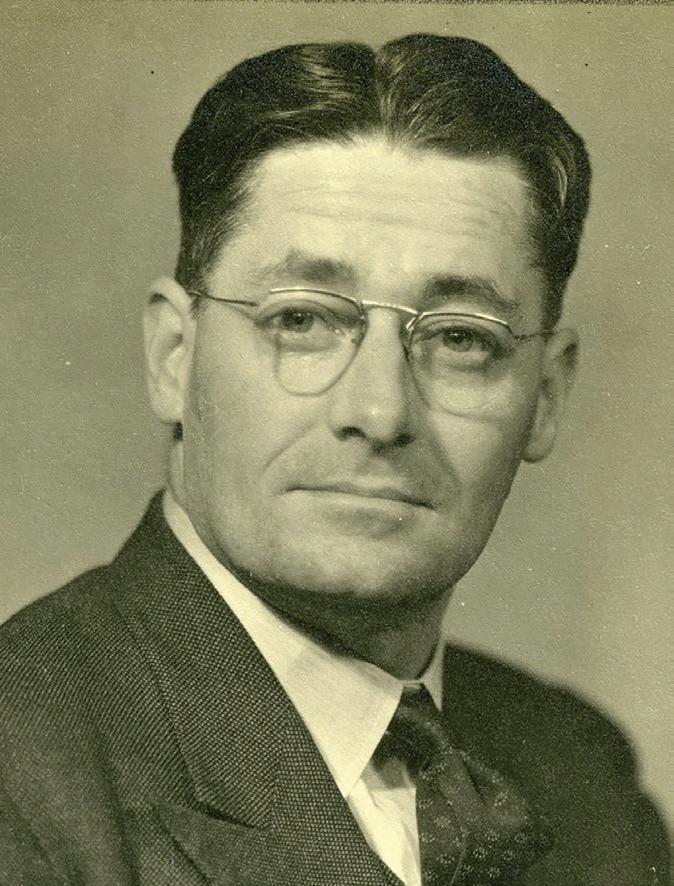
uick, name the man responsible for the development of penicillin! 99 people out of a 100 will answer Alexander Fleming. And all 99 will be right. Sort of.
While it is a fact that Fleming did the actual discovery, at the time no one seemed to be too exited about it, including Fleming. The big event happened in the fall of 1928. Early the following year he made a presentation about it at a medical research conference, and people who attended had a hard time remembering anything significant about his speech. He followed up the same year (1929) with publication of his discovery in the British Journal of Experimental Pathology. Combined, the presentation and the article were met with “a total lack of interest,” in the words of one of Fleming’s contemporaries. Fleming’s initial excitement about his discovery was tempered by more than just the tepid reaction of the scientific community. He couldn’t figure out how to produce penicillin in significant amounts, or how to isolate its main compound in pure form. As a result, penicillin was largely forgotten for a full decade.
But in 1939 along came the man above, Howard Florey (pronounced flahr-ee, rhyming with “sorry), leading a research project on various antibacterial substances. It was an unlikely scenario since Florey was from Adelaide, Australia, but the penicillin research team he assembled was in Cambridge, England. That was possible because in 1920 (at age 22) Florey applied for and received a Rhodes Scholarship to pursue his studies at the University of Oxford. A long series of research initiatives at various institutions followed, and throughout this period Florey’s projects grew in scope. He was a tireless cheerleader, campaigning to add various eminent collaborators to his team, to purchase lab equipment and to expand their physical facilities.
Two key additions to his staff were biochemists Norman Heatly and Ernst Chain. They played crucial roles in the extremely complex sequence of procedures that confirmed penicillin’s value, but more importantly, discovered how to efficiently and quickly produce millions of doses.
Progress didn’t come easily. In the early studies on humans, penicillin was still available in tiny amounts. Mouse studies were extremely promising, but Florey cautioned his team that a man weighed 3,000 times more than a mouse. Indeed, their first patient (in February 1941), a man suffering from massive infections, began a dramatic recovery the very same day he was given penicillin, but because researchers didn’t have any more penicillin at their disposal, the man relapsed and died. They decided to conduct future human tests on children.
By 1942, tens of millions of doses of penicillin were being shipped around the world to treat World War II battlefield casualties, and the 1945 Nobel Prize in Physiology and Medicine went to Florey, Chain, and Alexander Fleming.
It is estimated that the development of penicillin saved more than 80 million lives. Who was the very first?
As neuroscientist W. Maxwell Cowan observed, “Fleming was the first person Florey saved.” Without him, Alexander Fleming would be remembered only as an eccentric microbiologist. +
ADVENTURES IN
Middle Age
BY J.B. COLLUM
I mentioned two issues ago that I visited my new heart doctor recently after my previous one had passed away. We had an interesting conversation that ended up hitting home with me after I wasted some time making light of it. I thought I would share it with you and the outcome of it.
After getting through the preliminaries with my new cardiologist, he asked me if I did any kind of exercise, to which I replied, “working around the house, and taking the trash to the road once a week.” He said that wasn’t enough, so I confidently explained to him that my driveway is somewhere close to the length of the Nile River, so rolling the trash can that far was actually quite a feat and could even be labelled an expedition. I told him that once I even thought I saw Dr. Livingston. He was non-plussed and continued.

eyebrows seemed to have gone beyond the hairline of her forehead and looked to be threatening to take flight.
I only laughed in reply, but the look on her face gave me pause. She was serious and I felt like I was about to get another lecture even worse than the one the doctor gave me.
{ { Six minutes of exercise a day? I can do that.
For me, few things are scarier. Let me explain.
“I see,” he said, and then moved on. “It is recommended that we all get 30 minutes of exercise, five days a week.
“Well, that’s not too bad,” I replied. He smiled, until I continued with, “Thirty divided by five is only six minutes. I can do six minutes every day and put in 42 minutes of exercise a week. Heck, I might even go for 50 minutes a week!”
Once again, he started at me for a moment and he had a look that told me he was trying to decide if I was being a smart-alec or if I was really this thick. He decided to play it safe.
“No, that would be 30 minutes of exercise total. I mean 30 minutes per day, five days per week, for a total of 150 minutes,” he said with no hint of humor.
I hadn’t given up yet, so I replied, “150 minutes! That’s like, as long as a director’s cut of a movie! I’m not sure I can do that. I can barely sit through those Marvel movies! I’m sure I couldn’t walk the entire movie!”
It was a mistake for me to make that last reply because he went on to explain to me about how they had determined this was the right amount of exercise and he went into great detail as to how it helped, what kind of exercise was needed, along with some ideas on how to accomplish it. I have to admit that he wore me down and I actually started thinking about exercising. But only for a few minutes.
Once I got home, I talked to my wife, Lorie about my conversation with the doctor in boring detail. She’s used to my weird sense of humor and only rolled her eyes as I related the conversation. She only has a one word reply, “well?”
“Well, what,” I countered?
“Well, are you actually going to start getting regular exercise?” Her tone was highly skeptical. So skeptical that one of her
My father would utilize what I thought of as Draconian measures on me as a kid when I had really done something bad. No, he didn’t beat me or ground me, or make me do extra chores. He simply sat down with me for an indeterminate amount of time, usually no less than two hours, and went through the reasons why what I had done was wrong and what the long-term consequences would be on me and my future self if I didn’t learn my lesson from this and not do it again. Before these talks were over, I was ready to beg for a simple spanking, or even something more harsh like the biblical 40 strokes less one or even walking the plank or keel-hauling like I’d seen on pirate movies. During these long conversations, he would sometimes share scriptures from the Bible to reinforce his point and give experiences of others he had known who had followed my wayward path and he told horror stories about where these people were today because their parents didn’t correct their course.
The final blow, especially if he didn’t think he had sufficiently gotten through to me was when he would say how disappointed he was with me. He always left the door open with something like, “I don’t think this is who you really are. You are better than this. You just made a mistake and I don’t think you will make it again.” He showed confidence in me, and if all else had failed, that is what would convince me in the end. As tough as those conversations were, I’d take one right now just to have another couple of hours with my dad.
To avoid a long conversation with Lorie that I feared might be reminiscent of those talks with my dad, I admitted that I did need to set up a regular regimen of exercise and that I would get right on it. The pool being ready to use now will help with that immensely, but I’ll need another plan when pool season is over. I promised her I would make it happen, so I will.
I’ll share how it goes with you all as it seems appropriate.
+

J.B. Collum is a local novelist, humorist and columnist who wants to be Mark Twain when he grows up. He may be reached at johnbcollum@gmail.com

Special Forces Parenting
I don’t put much store in dreams or their interpretations, and I have zero expertise in psychology except for what I have picked up from experience. I’m not a prophet like Daniel and no ruler like Nebuchadnezzar is likely to ask me to interpret his dream. That said, I can’t deny how a couple of dreams I had this past Thursday night have impacted me.
We are currently at an RV resort on Lake Marion, near Santee, South Carolina, attending a three day convention from Friday through Sunday, although we came a day early and are staying a day late (Monday) so we can come back to the camper on Sunday evening and recover from the day before having to pack up to go. Our adult daughter, Kaitlin, and our seven-year-old special needs granddaughter, Freyja, are also with us. All four of us in our camper for six days and five nights. Yeah. What could go wrong?
Now that we have established the setting, let me tell you about the dreams. In the first one, we were on this trip going out to eat as a family. When we got to the restaurant, there was no door easily accessible to us. We looked and looked and could not find one, although we saw people through the windows enjoying their food in a beautiful setting. Eventually, someone told us that we had to climb up the front of the building to get inside. I looked up at the formidable facade and wondered if we could all do it. Before I could blink, Freyja was climbing up to the top, so I hurriedly went after her and my wife and daughter quickly followed. It was a tremendous struggle to get to the top as the top seemed to get higher as we climbed. It looked to be no more than a two story building before we started, but eventually seemed to be at least five stories. I still had a good ways to climb when Freyja
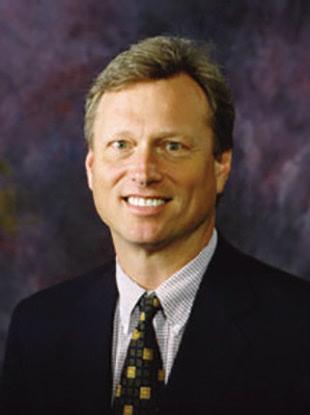
disappeared over the top, and I worried she might jump off the roof. I didn’t worry long, though, because at that point the dream ended. Nature was calling and I made my way to the bathroom and stumbled back to bed, wondering about the dream. I stayed awake awhile because I wanted to commit it to memory, so it is still vivid even now. Eventually I fell asleep.
Once I drifted back into REM sleep, I had another dream. In this one, I came home to see that Lorie had remodeled a corner of the back porch into a very inviting little entertainment area with some nice furniture, hanging plants and a big screen TV with a coffee table in front of a comfy couch. I sat down at it and was quite pleased with it and I told her so. The very next thing I remember I was once again coming home and saw that same corner, except now it was completely different. Lorie was doing something to it and I asked her what happened to the beautiful spot we just had. She gave me a strange look and said that we’d had it for a while and it was time to change. The new way it was arranged and decorated was okay, but didn’t have the appeal of the one I had just seen. I didn’t want to be too negative, so I let it go
In what seemed like a flash, I again was coming home and that same spot was different again, and it looked like it needed some work. The wood was drying out and warped. The furniture needed paint and the cushions looked worn and mildewed. Lorie was there again and I asked what happened. I didn’t know what else to say. She looked at me oddly, then she said something that really struck me: “It’s just old. There’s not much we can do.”
I woke up once again and thought about the two dreams, and this is what I think my brain was trying to tell me.
The first dream was recognizing that even simply going out to eat with our granddaughter can be a monumental struggle and at times hardly seems worth it.
The second dream showed me how quickly time can pass and how things change, fade, grow old, and one day even die.
I put these two dreams and their analysis together and decided that part of my brain was telling the rest of it that despite how hard it is to do things with our special needs granddaughter, time will pass and take our little girl away from us bit by bit. We need to enjoy every day we have with her at each stage of her growth and maturing and make the most of them. Even if it means climbing five stories just to get a bite to eat.
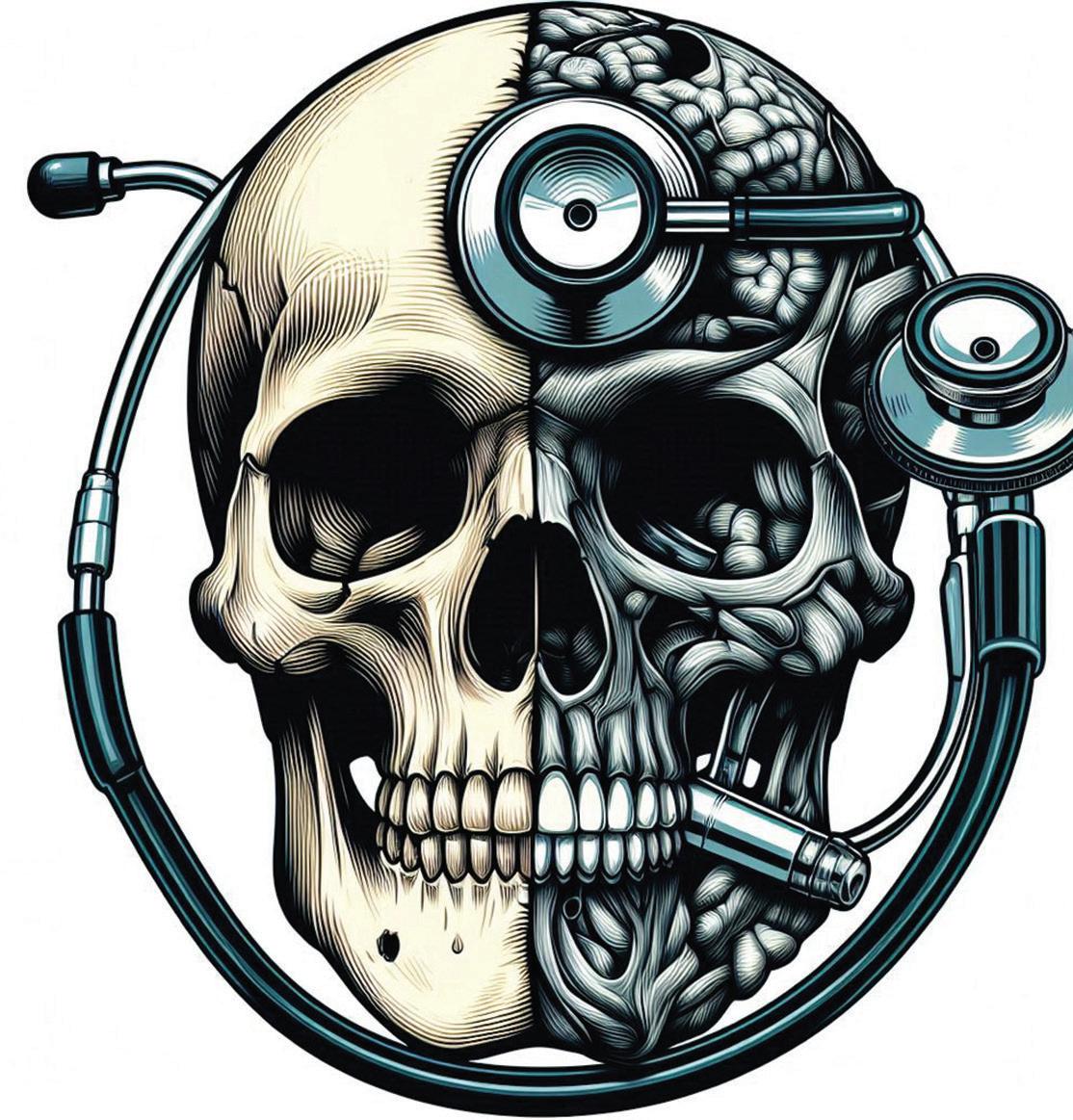

Who is this?
Not everyone in healthcare can be Florence Nightingale, right? Despite the long-running series on page 4, there are clunkers in medicine, and we will examine some of them in this brief series that should be briefer. Unfortunately, there’s enough material to keep this going for a while.
The medical career of this man illustrates a basic but important truth: death isn’t the worst thing one human being can inflict upon another. Not by a long shot.
Early in his professional life, Christopher Duntsch focused on the PhD half of his combined MD-PhD pedigree, but soon realized that was the less lucrative side, so he changed his focus to medicine. Being more than $500,000 in debt probably made the decision easy.
What could make the quickest, biggest dent in that much debt? “Hey I know!” he thought. “I’ll be a surgeon!” But not just any surgeon; a neurosurgeon!
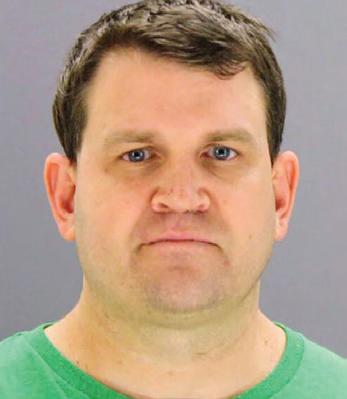
Duntsch relocated from Memphis to Dallas with his strip club girlfriend, and something much more valuable: an extremely impressive resumé. His curriculum vitae ran 12 pages long — single-spaced, no less — including his magna cum laude doctorate in microbiology from St. Jude Children’s Research Hospital. No one bothered to check, but if they had it would have come to light that St. Jude didn’t even offer a microbiology program. No matter. He was hired by Baylor Regional Medical Center as a spine surgeon at a base salary of $600,000 plus bonuses.
From the very start, Duntsch proved he was spectacularly unqualified. The very first patient he operated on was left in chronic pain when Duntsch operated on the wrong part of his back. His attempt to make amends in a second operation left the man paralyzed.
In another operation on a longtime friend to fuse two cervical vertebrae, Duntsch rendered his friend a lifelong paraplegic. During the operation the man lost almost twenty-four times the blood loss of a typical spinal fusion.
In another routine procedure, Duntsch cut through a woman’s spinal cord and severed an artery. While other members of the operating team attempted to repair the damage, Duntsch left the OR to write up his notes. The patient ended up bleeding to death. There are many other equally horrific stories, but among the worst were Baylor’s actions. They revoked the doctor’s surgical privileges and intended to fire him, but Duntsch’s lawyers had a counteroffer: provide Duntsch with a letter stating they had no issues with his performance and he will quietly resign. No lawsuits. No bad publicity. Amazingly, Baylor agreed.
Duntsch immediately got a job with Dallas Medical Center, where he was given temporary privileges pending receipt of his records from Baylor. During his first and only week there, he killed one patient (but not before suggesting he perform emergency brain surgery on her to correct his mistakes) and maimed another, leaving her paralyzed.
Unbelievably, he managed to careen to three more jobs after Dallas showed him the door, leaving a trail of destruction and disability at each of those facilities too.
Duntsch was arrested in 2015 and convicted of aggravated assault (among other charges) in 2017. Sentenced to life in prison, he will be eligible for parole in July 2045 at age 74.
+

THE “R” FACTOR
by Ken Wilson Steppingstones to Recovery
I never knew what an “R” factor was until I asked a lady friend to ride on the back of my motorcycle about 25 years ago. She accepted, saying “I’m all in for the R factor!” She had to tell me the R stood for “Risk!” Since then it’s become one of my favorite sayings!
I should’ve known about the R factor in my early 20’s when I invested a small amount of money in a “penny stock” recommended to me by a preacher’s wife. I mean, what better credentials for advice could I find? The investment was supposed to grow exponentially and I would soon become a millionaire and be able to retire early – very early! You guessed it – in 6 months the company went belly-up and I lost all my money! I felt sad for awhile about being
such a sucker, then licked my wounds and went on to invest with less flashy companies who didn’t promise me the moon – only safe, long term growth. Now that I’m old, I do believe in the turtle and not the hare.
All of which reminds me that we’re continuing the subject of how to find a good treatment provider for substance abuse. Finding such is a real R factor, depending on who’s giving you direction when you’re searching.
First for today’s points, find out what the treatment philosophy of a given center really is.
I can tell you this, after working in this field for 38 years, the best philosophy out there is a script that addicts and alcoholics really don’t want to hear: total cessation of all mood-altering addictive chemicals is the solution for long-term sobriety. The programs that taught
controlled drinking have gone out of business. Those that teach “quit the drugs and only do controlled drinking” will be right behind them. I’m saddened when I read program descriptions that promise to get clients off drugs, but will substitute a new thing that is “not as addictive” and control your use via prescription so you won’t over-do it.
I do realize there are certain cases that could profit from starting out in that vein…but most end up being a permanent dependence on a legal chemical. Regrettably, the brain doesn’t know if a chemical is from the street or a prescription bottle…it just knows it feels good.
Second for today’s points, find out if the program is accredited – meaning, does the program tout Standards of Care established by an organization that comes by frequently to see if you’re living
up to established treatment guidelines, or if just winging it when nobody’s looking.
I’m amused to read about the state public health department stopping in, unannounced, to the restaurants in town and then writing up their findings, upside or downside, and publishing them in the paper or online!
Sometimes one of my favorite dives is featured in the Needs Improvement column – cited for low refrigerator temperatures, employees not washing hands before touching food, roaches in the kitchen, or mold in food prep areas. Ugh!
A similar checks and balances system is true for healthcare organizations and you can read the reports online. They’re better than Google reviews! Unless you’re inquiring about a religious “recovery” program, or a halfway house (accreditation is not required by the state),
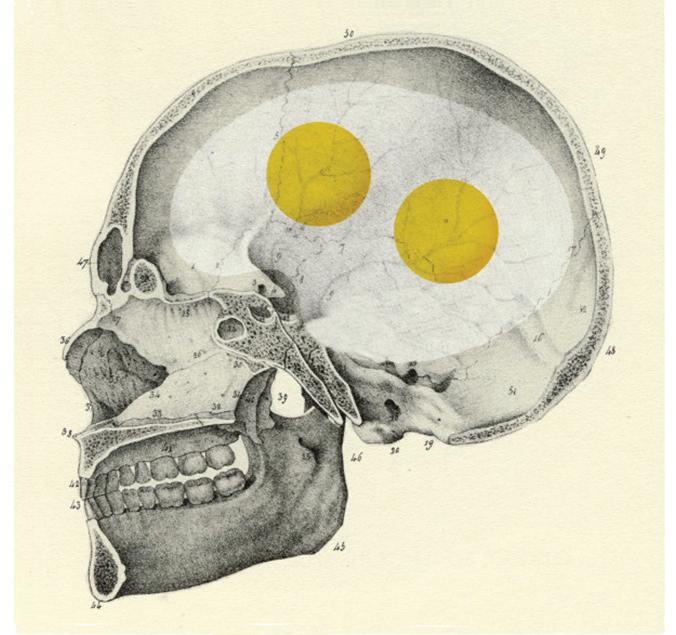
any true “treatment” facility should ideally be accredited by the state of Georgia at minimum, or one of 3 national agencies: the Commission on Accreditation of Healthcare Facilities (CARF), the Commision on Accreditation (COA), or the Joint Commission for Accreditation of Healthcare Organizations (JCAHO).
In stocks, I have only lost money on so-called hot tips. In healthcare, I might lose my life by relying on rogue advice.
I think I enjoy living a little too much to allow any room in my life for the “R” factor!
S I C K O F W A I T I N G ?
G E T S E E N W H E N Y O U N E E D I T .
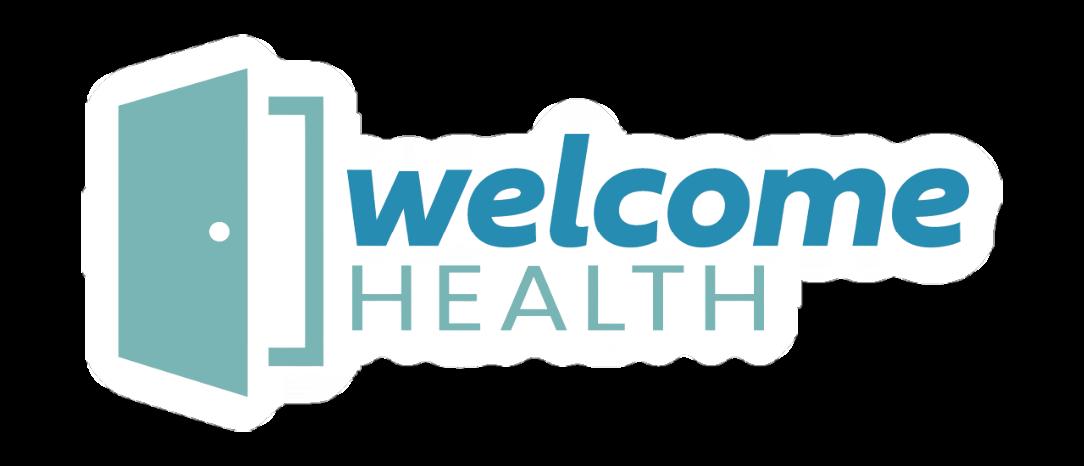
W E L C O M E H E A L T H . N E T
N


TRYTHISDISH
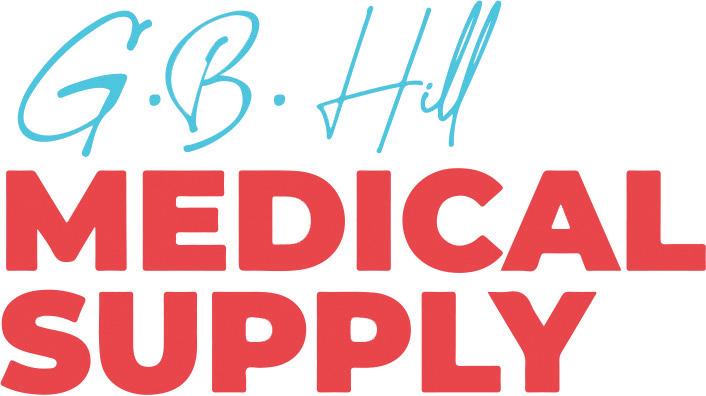
This is delicious, beautiful and refreshing the perfect thing to eat when the heat index is in triple digits.
Ingredients
• 8 cups chopped Romaine lettuce
• 1 cup finely chopped red cabbage
• 1 cup finely chopped carrots
• 1 cup finely chopped seeded cucumber
• 1 cup finely chopped tomato
• 8 ounces low sodium deli turkey sliced ¼- inch thick and chopped
• ½ cup feta cheese crumbles
• 6 tablespoon Light Balsamic Vinaigrette
Directions
Wash and thoroughly dry the lettuce. Chop into small bite size pieces and place on a platter. Place the remaining ingredients (except for feta and dressing) over the lettuce in rows. Sprinkle with feta and drizzle with
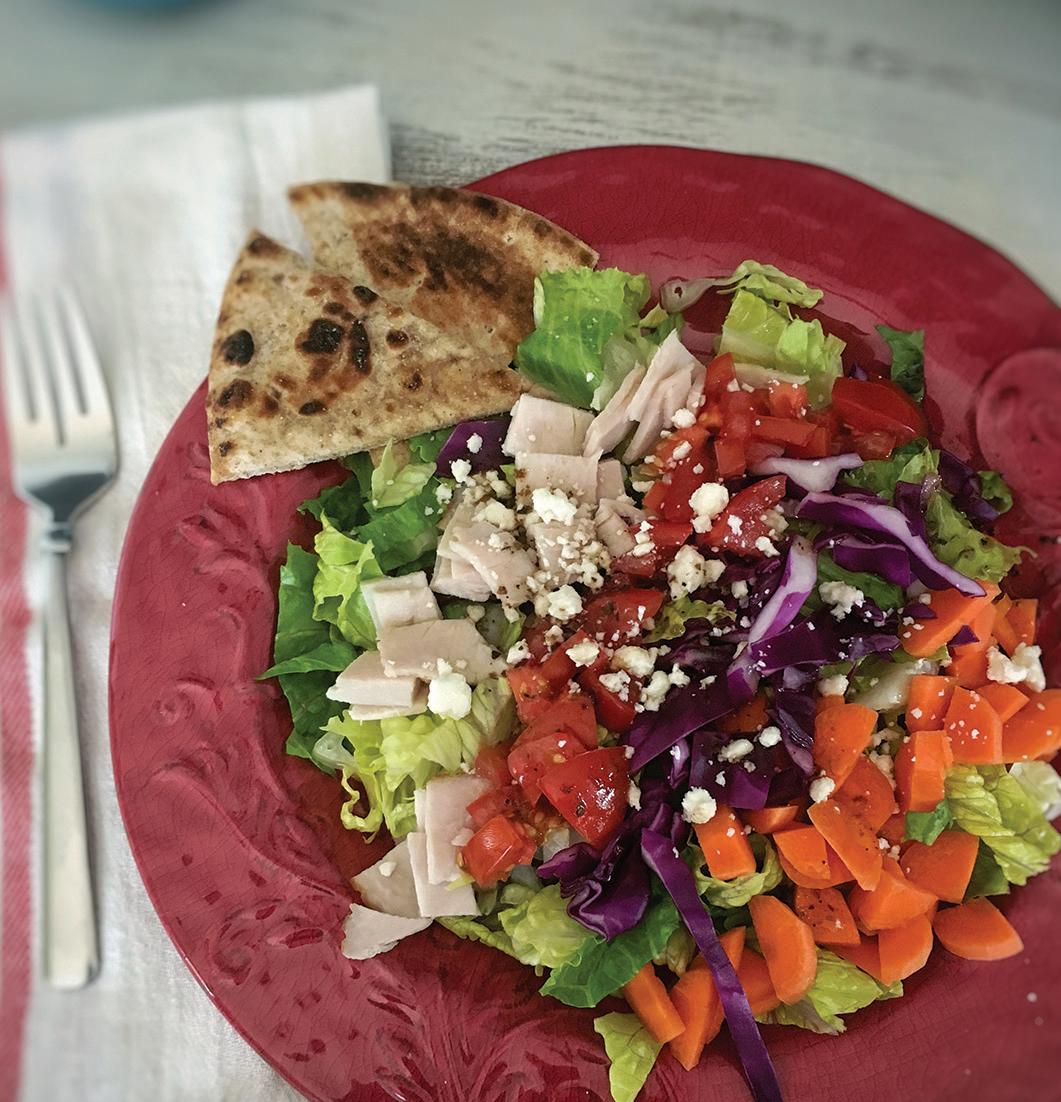
on the side.




WHAT DOESN’T KILL ME...
I had subclinical viral hepatitis once before, so I know I’ve got it again. It is no fun and really messes with my mind and body. Even my dreams are crazier than usual. Some dastardly virus crept into my system and set up camp in my liver. It is hard to diagnose and easily missed. There are no specific lab tests for it. If you are attacked by
BASED ON A TRUE STORY
(most of the time) A series by Bad Billy Laveau
urine due to dehydration. The doctor will mumble something about a slight shift in the white count, but nothing
ery times is usually 3 to 5 days. I have found the better regiment for pain and discomfort is Tylenol 1,000 mgs and Ibuprofen 800 mgs, four times a day for three days. Stay ahead of the pains and aches. You sweat a lot. Take frequent hot showers. I take 3 to 5 scalded hot showers a day when I have this malady. It will not cure you, but

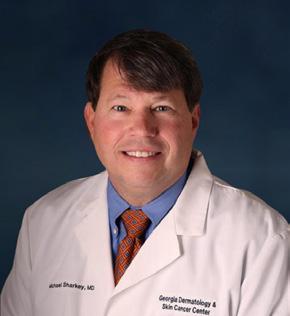
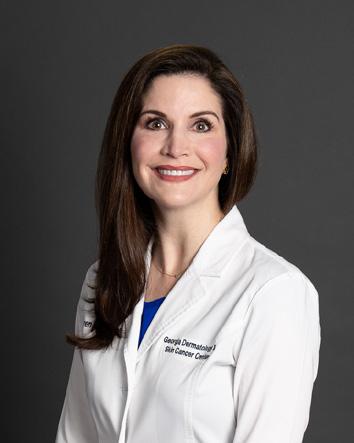
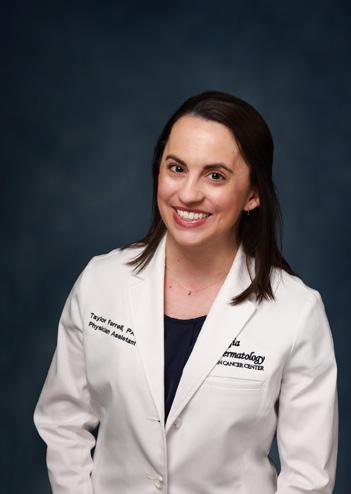

in a while. That will help your
anyway while you’re spewing viruses everywhere. She is a smart lady and understands what’s going on. When she brings you something to eat, eat part of it and say it taste good. No one in the room would really believe you really feel that way, but it is the Christian thing to do. Your Mother taught you that when you were young, so heed her advice.
Your family is stuck with you,
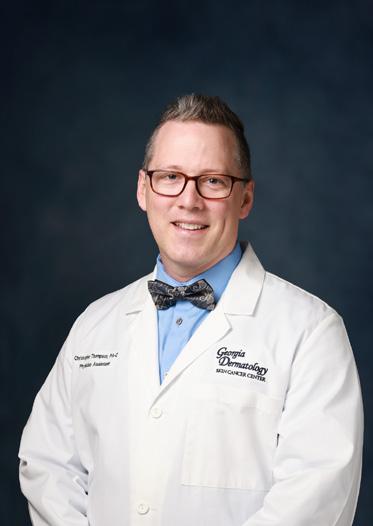
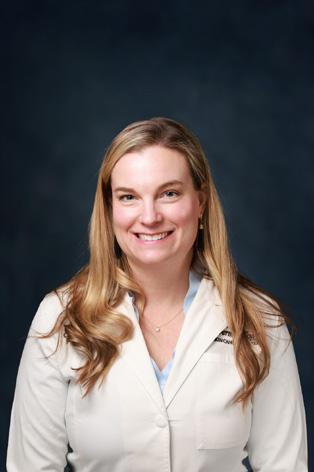

And me? Well, I am in Day 3. Had two showers during the night. Did not take meds on time and paid for that sorriness on my part. I lost 4 pounds. My mouth is dry as a powder keg. But I shall survive. Then I shall thrive, so saith the Lord. After all, you can survive anything except that which kills you. It makes you stronger, so said Fredrich Nietzsche, the great German philosopher.
Is it Covid, you ask? Don’t know or care right now.
Remember a year or so ago, Biden was getting ready to
run for president, they gave us a site to get a free Covid test kit? Me and 100 million others jumped on it. One Biden’s donor company made and shipped 100 million packages of 4 tests each. To my knowledge (and that of multiple medical practices), not one of those test indicated Covid. Problem solved. Fauci and Biden rid the US of Covid. The Covid pandemic was destroyed by business strategy.
I care not which specific virus is flouncing about it my liver, I just want it out. My skin and eyes are not yellow. My stools are not chalky white like they were back in 1972 when I had Hep A. My liver edge is not tender or extended.
So, subclinical Viral Hepatitis it is. Now I am waiting for the self-limiting phase to kick in. And the sooner the better. I needed to lose a few pounds for health reasons, but this is not the way to do it.
LETTER TO THE EDITOR
Dear Editor,
As I sat in my doctor’s office a few weeks ago awaiting news of a recent blood test, I picked up a copy of your paper to pass the time.
I noted that you must have a sense of humor – there are jokes, cartoons, even a skeleton praying for articles. Just so you know, I am not put off by skeletons – I have one of my own of which I am very fond.
(Me, checking the time.)
I read the articles – Kleptomania (don’t have that), death by natural causes (hope so), cosmetic dermatology (too late), parenthood (been there, done that), Caskets & More (I do need an urn.)
(Me, checking watch. Where is that doc?)
Mr. Editor, I do think perhaps you are in cahoots with the doctors – keeping patients entertained and less likely to approach the receptionist and ask if the doctor has gone home or is playing golf. (Where is cahoots anyway?)
Maybe the doctor went to see HIS doctor – sick of patients probably…
Anyway, back to my perusal of your paper while I wait. There seems to be something for everyone. There is history, with a medical bent, of course; personal stories and advice. Here’s a recipe; I love recipes. This one is a salad featuring kale, the only vegetable that sometimes requires a massage before you use it.
(Me, checking time again.)
So, Mr. Editor. I commend you on a great paper. It’s helpful, salubrious (from the Latin, you know) and entertaining. Well, I think I hear golf clubs rattling behind the closed doors. Maybe Doc is back from the course. Thanks for all you do!
Very truly yours, A Patient Reader or Impatient Patient














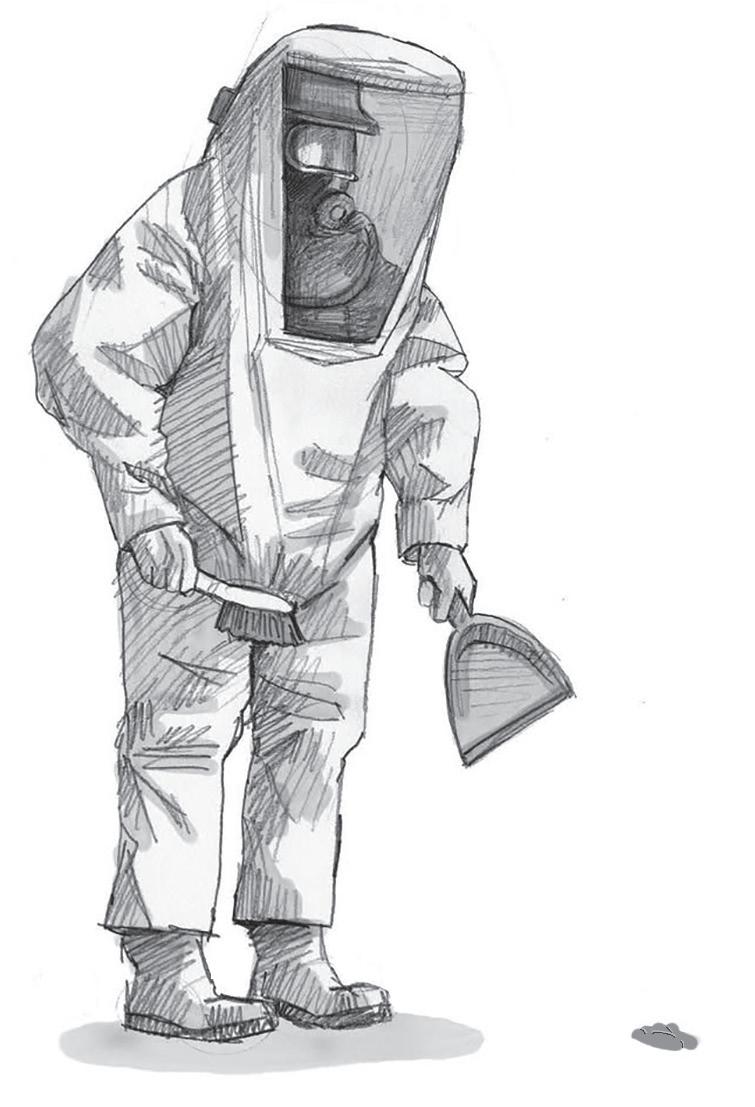




CRASH COURSE

More Americans have died on US roads since 2009 than in World Wars I & II combined
erious bicycle accidents are, unfortunately, not a rarity. There have been a number of fatal incidents involving cars and bikes on Augusta area roads.
It’s a safe bet that even regular riders are not aware of the Georgia laws designed to protect them.
Here’s an example:
What does Georgia law establish as the safest place to ride? Is it:
{ { BIKE LIVES MATTER
• as close to the right shoulder as possible, so that you are traveling in the same direction as vehicular traffic; or
• as close to the left shoulder as possible, so that you are facing traffic and can easily see what’s coming your way.
Which is it?
Here’s another bicycle law pop quiz: In Georgia, is wearing a helmet legally required to ride a bike on roadways?
Yes? or No?
Does a bicycle need to have a headlight if it is ridden after dark? Yes? or No? What about a taillight? Yes? or No?
Is it legal to ride a bike on sidewalks?
Some answers
First, let’s look at Georgia’s helmet law. Here is a direct quote: “No person...shall operate or be a passenger on a bicycle on a highway, bicycle path, bicycle lane, or sidewalk under the jurisdiction or control of this state or any local political subdivision thereof without wearing a bicycle helmet.”
The [...] part we took out so we could emphasize it here adds this key provision: “under the age of 16 years.”
There is no similar mandate for adults or anyone over age 16, but for kids up to and including age 15, helmets are the law.
What about the headlight/taillight question?
Georgia law says if a bicycle is ridden at

night, it “shall” (translation: it’s mandatory) have a light on the front that emits white light visible from a distance of 300 feet, and a red light on the back also visible for at least 300 feet.
The rear light requirement can be ignored if the bike is equipped with an “approved” red reflector.
The sidewalk question seems less than clear to us under Georgia law: “40-6-144: Except as provided by resolution or ordinance of a local government for sidewalks within the jurisdiction of such local government authorizing the operation of bicycles on sidewalks by persons 12 years of age or younger, no person shall drive any vehicle upon a sidewalk or sidewalk area except upon a permanent or duly authorized driveway.”
The code elsewhere specifcally defines bicycles as vehicles, so our non-expert reading of the law is that, unless specifically authorized by a local municipality, it is not legal to ride a bicycle on a sidewalk if you are older than 12. Sidewalks and bikes are a combination made for kids.
Finally, what about the which-side-of-theroad question?
Many of us were raised as left-shoulder walkers and riders. It had a certain logic: you could see oncoming traffic rather than be forced to constantly look over your shoulder, or blindly trust passing vehicles to pass safely.
But here is what Georgia law says: “406-294: (a) Every person operating a bicycle upon a roadway shall ride as near to the right side of the roadway as practicable...” Bikes (and their riders) lose when they battle cars just as cars lose when they battle trains. Here’s to everyone on four wheels or two traveling as safely as possible. +

DON’T BLAME THE
PATIENT
At seventy-three my eyes got blurry, I made an appointment right away. As a Nurse I need to see clearly, doing my nurse duties every day.
The exam lasted three hours, with measuring, scans, and peeking in. I was excited, as very soon, poor vision would come to an end.
The anxiety began to build, as I waited for the date. The husband drove me in early, as we certainly couldn’t be late.
They took me back for instructions, vitals, drops, then tucked me in. As soon as I was sedated, the procedure would begin.
The nurse with sharp needles, came to put me in a line. No greeting or introduction, I thought that was not kind.
She grabbed my arm abruptly, put the tourniquet on real tight. I wanted her to be successful, thus began the fight.
I’m known to be a hard stick, so I pointed to my arm. “These two veins are my best”, hoping not to suffer harm.
She glared at me intently, and said “ I rarely ever miss. I do forty of these a day, and don’t need your help with this”.
I shut my mouth and submitted, as the needle came my way. The first was not successful, I knew wrath would come today.
“ You see your interference, is the reason it messed up”. A second try was attempted, and I didn’t interrupt.
She left without a word, not caring if I was OK. Some drugs before my surgery, to the OR, I’m on my way.
When the doctor entered the room, he saw tears down my face. “ Don’t be anxious or scared”, the reason for the tears, not the case
I told him I was ready, and I trusted his skilled hands Later after all was over, I would surely take a stand.
I went home and slept the evening, forgetting my ordeal with the girl. After waking and recovering, I thought hard about this world.
Where in the book of Nursing, does it say to be unkind? I could have been a family member, would you treat them like that next time?
I’m over the shock of the experience, and I hope I’m on her mind. Remember to be professional, don’t blame the patient next time.
by Leta Paleschic Augusta, Georgia


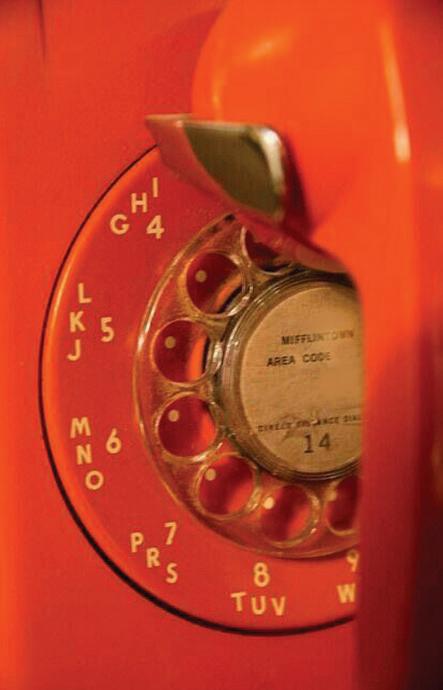
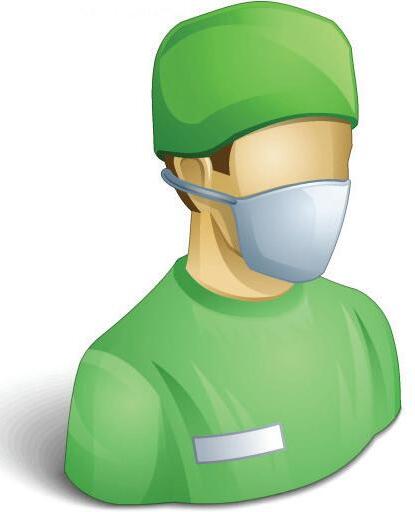






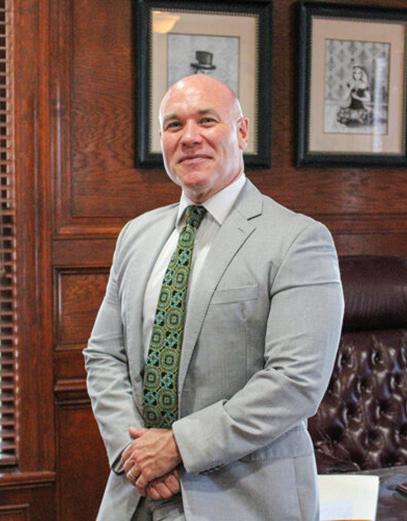

by Dan Pearson



THE MYSTERY WORD
The Mystery Word for this issue: MNGEEO
Simply unscramble the letters, then begin exploring our ads When you find the correctly spelled word HIDDEN in one of our ads — enter at AugustaRx.com
We’ll announce the winner in our next issue!
ACROSS
1. Wound aftermath
5. Jefferson of note
10. _____ville, SC
14. _____ deaf
15. Show emotion theatrically
16. Still
17. Individual facts
18. Hospital parking assistant
19. Sewing case
20. Backyard astronomer
22. Opposite one of two
23. “First, __ __ harm”
24. ______ ant
26. Fire residue
29. Lair
30. Final part
34. Lab test (Med.)
36. Maker of pewter utensils
37. Blocker beginning?
38. Augusta’s downtown and uptown _____
39. A church’s central part
40. Supervisor
43. Academic essays
45. Architectural column in the form of a man
46. Period of history
47. Trauma pt. destinations
48. Think; be absorbed in thought
49. Short letter
51. One of the Jacksons
54. Red disk on a bicycle
59. Impressed
60. Christmas song
61. Home of Columbus
62. Inhibitor lead-in
63. Useful; advantageous
64. Contact _____
65. Out of _____; not working well together
66. Tall and thin
67. Like a printer’s fingers
DOWN
1. Genital herpes, HIV, etc
2. Outer garment
3. Rectangular pier
4. Facial hair
5. Former Augusta mayor
6. Columbia County employer
7. Small burrowing rodent
8. Repeats
9. Adjust, as a clock or alarm
10. Gas used in metal cutting
11. Nearby South Carolina town
12. Cyanotic
13. Islamic chieftain
21. Deities
22. Leave out
25. Uncooked
26. Head of an abbey
27. “My mind is like a ____”
28. Vacation lodging
31. Efface
32. Not at any time
33. Apparel
35. Ambulance worker
36. National standard?
38. Put on a pedestal
41. Porn
42. Greek goddess of the dawn
43. Aiken’s ______ Line Road
44. Detest
46. Envelop
50. Famous bacteria
51. Sticks
52. Out of town
53. Vegas trademark
55. Great Lake
56. At that time
57. Hog sound
58. Promising or optimistic, as a view of the future
60. Mongrel dog
A M I N E R S U D O K U
DIRECTIONS: Every line, vertical and horizontal, and all nine 9-square boxes must each contain the numbers 1 though 9. Solution on page 14.
QUOTATIONPUZZLE

DIRECTIONS: Recreate a timeless nugget of wisdom by using the letters in each vertical column to fill the boxes above them. Once any letter is used, cross it out in the lower half of the puzzle. Letters may be used only once. Black squares indicate spaces between words, and words may extend onto a second line.
Solution on page 14.
Use the letters provided at bottom to create words to solve the puzzle above. All the listed letters following #1 are the first letters of the various words; the letters following #2 are the second letters of each word, and so on. Try solving words with letter clues or numbers with minimal choices listed. A sample is shown. Solution on page 14.


THEBESTMEDICINE

ha... ha...

Acouple of young ladies from Canada couldn’t stand the frigid weather, so in the middle of winter they booked a vacation down under where it was midsummer.
Sipping cocktails in a bar in Sydney one evening, they were approached by a guy who wanted them to join him and his friend at their table.
“G’day ladies,” he said. “Haven’t see you around before. Where you from?”
“Saskatoon, Saskatchewan!” said one. The guy just stared at her for a moment, blinked twice and went back to his table.
“What did they say?” asked his friend.
“Sorry mate,” he said. “They don’t speak English.”
Moe: Why should military personnel dress in uniform at all times?
Joe: To reduce casual Tees.
Moe: If a one-L “lama” is a Tibetan monk, and a 2-L “lama” is an animal similar to an alpaca, what is a 3-L “lama”?
Joe: A wicked big fire in Boston.
Moe: What did the assassin say to his girlfriend when they broke up?
Joe: I give. What?
Moe: I won’t miss you.
Moe: My girlfriend is so crazy.
Joe: What happened now?
Moe: She says I completely ruined her birthday yesterday.
Joe: Did you?
Moe: No way. How could I ruin it? I didn’t even remember it was her birthday!
Moe: I’m trying to patch things up. Joe: How’s that going?
Moe: Pretty good. I texted her, “I LUV U.”
Joe: And?
Moe: She texted back, “That’s one of my favorite letters too.”
Moe: Well, it’s July, so Pride Month is over.
Joe: We had some tasty burgers out in the backyard last weekend.
Moe: An LGBTBBQ?
Joe: You could say that. Which reminds me, why is Pride Month always in the summer?
Moe: Pride always comes before a fall.
Moe: Know why Teslas are so expensive?
Joe: Because they charge a lot.
Moe: I was reading that inflation is off the charts in Venezuela.
Joe: How far do you think a hundred dollars would go there?
Moe: Depends on how windy it is.

Staring at my phone all day has certainly had no Effect on ME!

By popular demand we’re making at-cost subscriptions available for the convenience of our readers. If you live beyond the Aiken-Augusta area, or miss issues between doctor’s appointments — don’t you hate it when that happens? — we’ll command your mail carrier to bring every issue to your house!
NAME
Choose six months for $24 or one year for $46 . Mail this completed form with payment to Augusta Medical Examiner, PO Box 397, Augusta GA 30903- 0397
The
Dear Advice Doctor,


I’ve had an idea for a start-up business in my mind for years. I’m not a procrastinator; I’ve been working out the kinks of this idea the whole time. But now, just as I was about to launch, it feels like the global economic climate is tanking this idea. I hate to see it bite the dust so far along in my planning, though. Do you think I should press ahead anyway?
— Tariffied of Failure
Dear Tariffied,
First of all, out of respect for you I replied with the name you chose for reasons of anonymity, but you do realize it’s spelled “terrified,” right?
Anyway, we don’t penalize for poor spelling here. I have always considered my #1 job as The Advice Doctor is to clearly and accurately understand what readers are writing about, and then provide the best possible advice based on that assessment. As long as your spelling isn’t so distorted that it obscures the meaning of your letter — and it certainly is not — I can still proceed with an accurate diagnosis and course of care.
Fortunately for you, help is available for people in situations like yours. In medical terms, we call eating dirt or biting the dust “pica,” a word that comes from a type of European bird (Latin name “Pica pica”) known for its unusual eating habits. Some doctors also call this practice “geophagia.”
It’s more common than you might think, although it’s most often seen in young children. You didn’t mention your gender, but it’s also apt to be seen among women who are pregnant. Pica can be viewed as compulsive behavior that lacks any justifiable reason. Alternately, some researchers view it as a quest to satisfy nutritional deficiencies, even if the eater is not consciously aware of them.
As you might imagine, eating clay or dirt has its own set of risks, ranging from crowding nutritious foods out of one’s diet in favor of dust and dirt, to ingesting bacteria and parasites that live in the soil, or even eating chemicals and pesticides in polluted soil.
My suggestion: have your doctor do a thorough workup of your physical, mental and nutritional health. You can get past this, Tariffied, and you will.
Thanks for writing, and I hope I answered your question. Do you have a question for The Advice Doctor about health, life, love, personal relationships, career, raising children, or any other important topic? Send it to News@AugustaRx.com. Replies will be provided only in the Examiner.



THE MYSTERY SOLVED
The Celebrated MYSTERY WORD CONTEST
...wherein we hide (with fiendish cleverness) a simple word. All you have to do is unscramble the word (found on page 12), then find it concealed within one of our ads. Click in to the contest link at www.AugustaRx.com and enter. If we pick you in our random drawing of correct entries, you’ll score our goodie package!
SEVEN SIMPLE RULES: 1. Unscramble and find the designated word hidden within one of the ads in this issue. 2. Visit the Reader Contests page at www.AugustaRx.com. 3. Tell us what you found and where you found it. 4. If you’re right and you’re the one we pick at random, you win. (Winners within the past six months are ineligible.) 5. Prizes awarded to winners may vary from issue to issue. Limited sizes are available for shirt prize. 6. A photo ID may be required to claim some prizes. 7. Other entrants may win a lesser prize at the sole discretion of the publisher. 8. Deadline to enter is shown on page 12.

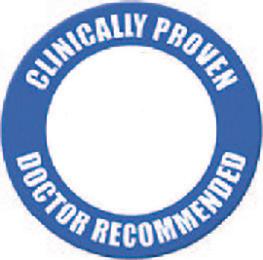

PROFESSIONAL DIRECTORY
ACUPUNCTURE
Dr. Eric Sherrell, DACM, LAC
Augusta Acupuncture Clinic 4141 Columbia Road
706-888-0707
www.AcuClinicGA.com
CHIROPRACTIC
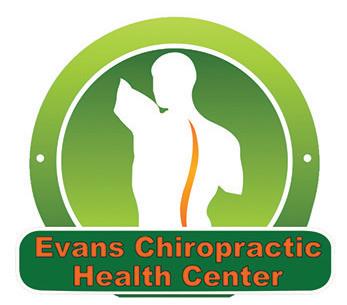



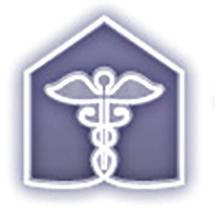

Karen L. Carter, MD 1303 D’Antignac St, Suite 2100 Augusta 30901 706-396-0600 www.augustadevelopmentalspecialists.com

Floss ‘em or lose ‘em!






















Where
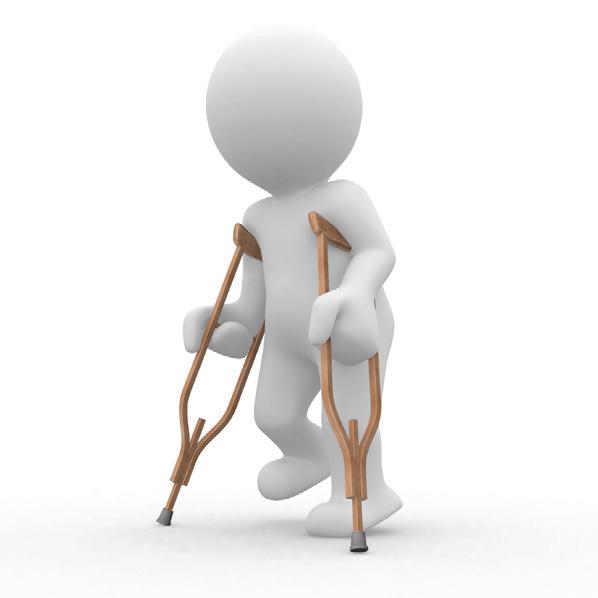
I’m a retired RN in my 70s. I probably have a better understanding of my body and how it works than the average person. My health is good. I take a few medications. However, recently, several encounters with doctors, hospitals, and the medical system have left me wondering: where is the doctor?
Last year, I had pain under my left breast and mid-chest area for a few weeks. Since I have GI issues, I attributed it to indigestion. I treated it, but the pain grew very worrisome, so one Saturday I decided to drop in to the local Prompt Care. As expected, an EKG was done and a nurse practitioner told me there were “changes” and to go to the ER for possible admission. I asked what changes. The answer was “significant”. Okay. I don’t have a background in cardiac issues.
I explained to the nurse practitioner that I live alone and have pets and no family to call for backup. I told her I would have to go home and make arrangements. She insisted I go to the ER immediately or she would sign me out against medical advice and my insurance would not pay for my Prompt Care visit. My nurse sixth sense kicked in. If I needed immediate care, why would she let me drive to the ER? And I knew my insurance would pay even if she signed me out against medical advice.
I went home, made arrangements for my pets, grabbed a few things and drove to the ER. I was admitted and spent 3 days in a hospital’s new vascular wing. I had numerous tests; my daughter came from out of town; we were told I had a “serious” heart issue and was scheduled for a “serious” test on Monday.
Numerous monitors were attached to me and I waited for this “serious” test on Monday. I had great care from the nurses. One of them explained that I was admitted based on new protocol requirements. I inquired. The protocol requirements included my age, changes in my EKG, chest pain, and Type II diabetes, plus other factors. In addition, I met all the requirements to help the new vascular wing stay “certified.” Her words, not mine. While I was there, my daughter, who works in the medical field, noticed the wing was nearly empty. I never saw or heard anything to indicate there were other patients. The nurses seemed to be on speed dial when I called. I never saw or spoke with a doctor.
On Monday, a very nice cardiologist, the first one I had seen, canceled the “serious” test. He stated the “blip” on the numerous tests was an anomaly. I told him if they had asked me, I could have told them that. I had known about the “blip” for years. All they had to do was review my previous chest x-rays. This made me wonder if the weekend cardiologist that diagnosed the “blip” and scared the bejesus out of me was “certified.” All the information I received came from the nurses. I was discharged, immediately. It was suggested I make a follow-up appointment with my cardiologist and with a gastroenterologist. I still had the pain under my left breast. I was wheeled to the front door and I drove myself home.
As suggested, I made an appointment with my cardiologist. I contacted a gastroenterologist office and was told they couldn’t see me for 3 months. I explained about the hospital stay, but was told that was the first available appointment. A second gastroenterologist office I called gave me an appointment.
To make a long story short, I never saw that gastroenterologist. I was seen by a nurse practitioner who ordered numerous tests. After my appointment, the results were posted on their online system and nobody contacted me. I called the office to inquire what the next step was. I was told that all the tests were coming back normal. I knew that, but I still had pain under my left breast. No follow up appointment was scheduled.
One morning, I went to the office without an appointment and insisted that I see the doctor. The nurse practitioner came into the waiting room and asked what the problem was. There were other patients in the waiting room. Has anyone heard of HIPPA? I explained that all the tests were normal, yet I was still in pain. She asked me what I thought we should do next. I told her to let me get back to her on that.
Needless to say, I left that office and made an appointment with my internal medicine doctor. Amazingly, I actually saw him in person. He reviewed the tests, prescribed a medication that gave me immediate relief and referred me to a different gastroenterologist. I was seen within a week, placed on a specific food and medication regimen and the pain gradually subsided.
In conclusion, as part of the aging population, we are told that the medical system in this country is the best in the world. I can only hope so. By the way, where are all the doctors?
by Lucy Dianne Sharp, RN, BSN Augusta, Georgia

At Seniors Helping Seniors® Mid-South Georgia, we match mature, experienced caregivers with older adults who need a helping hand and a kind heart. Our senior caregivers offer not just support, but real empathy and shared life experience. It’s more than just help in the home - it’s like getting a little help from friends.

GENOME
